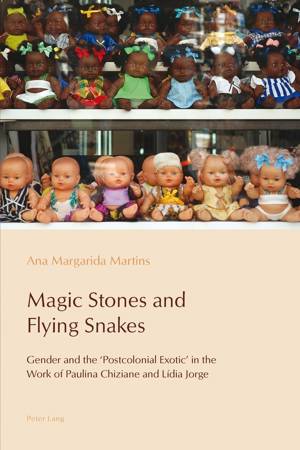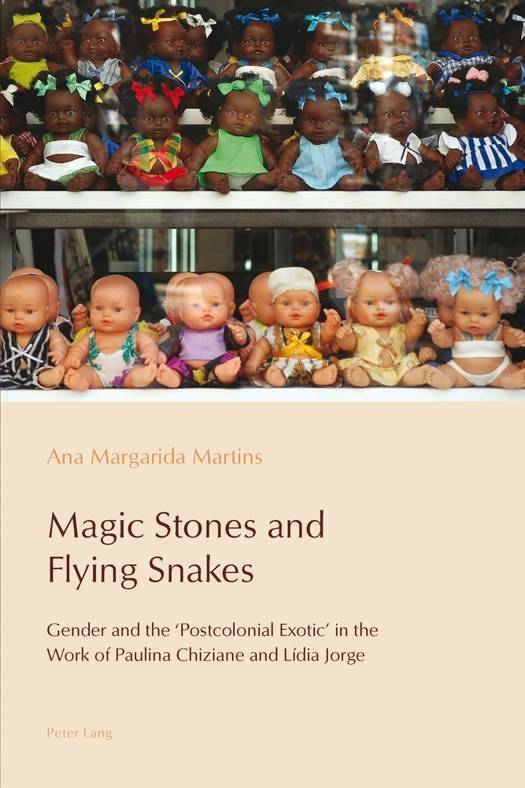
- Afhalen na 1 uur in een winkel met voorraad
- Gratis thuislevering in België vanaf € 30
- Ruim aanbod met 7 miljoen producten
- Afhalen na 1 uur in een winkel met voorraad
- Gratis thuislevering in België vanaf € 30
- Ruim aanbod met 7 miljoen producten
Zoeken
Magic Stones and Flying Snakes
Gender and the 'Postcolonial Exotic' in the Work of Paulina Chiziane and Lídia Jorge
Ana Margarida Martins
€ 59,45
+ 118 punten
Omschrijving
This monograph is the first to identify an important theoretical overlap between Anglo-Saxon and Lusophone postcolonial theories: the systematic neglect of gender and sexual variables in the analysis of the marketing of cultural difference in the post colonial era. Drawing on the theoretical work of Graham Huggan and Boaventura de Sousa Santos, the author of this study discusses the political significance of this neglect by focusing on the asymmetrical positions occupied by two widely acclaimed Lusophone women writers, Paulina Chiziane of Mozambique and Lídia Jorge of Portugal. The book asks how these two contemporary writers deal with master narratives such as Lusofonia, exoticism, capitalism and post colonialism in their novels, and examines the implications of placing gender and sexual difference at the heart of the 'post colonial exotic'.
Specificaties
Betrokkenen
- Auteur(s):
- Uitgeverij:
Inhoud
- Aantal bladzijden:
- 248
- Taal:
- Engels
- Reeks:
- Reeksnummer:
- nr. 1
Eigenschappen
- Productcode (EAN):
- 9783034308281
- Verschijningsdatum:
- 9/10/2012
- Uitvoering:
- Paperback
- Formaat:
- Trade paperback (VS)
- Afmetingen:
- 150 mm x 226 mm
- Gewicht:
- 362 g

Alleen bij Standaard Boekhandel
+ 118 punten op je klantenkaart van Standaard Boekhandel
Beoordelingen
We publiceren alleen reviews die voldoen aan de voorwaarden voor reviews. Bekijk onze voorwaarden voor reviews.











